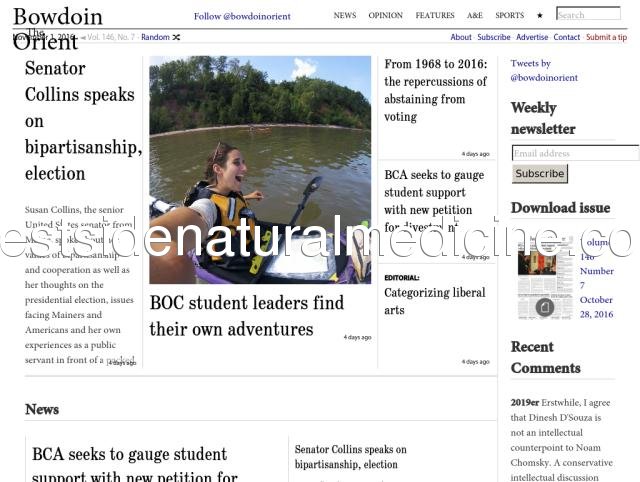The Bowdoin Orient - The Bowdoin Orient is a student-run publication dedicated to providing news and media relevant to the Bowdoin College community.

Country: 139.140.232.24, North America, US
City: -69.9725 Maine, United States
My reviews are generally long and informative. If you don't like or have the time for a long review, I recommend just reading the IN BRIEF section at the top. If you want more info, please go for reading the whole review.
Not a bad read. It didn't knock my socks off, though. And I did not like the "before" and "after" format...made the story too disjointed. Maybe it would have worked better if some chapters were combined and less jumping around. Overall OK. I am giving it 4 stars because it was way better than the free book I picked last month!
I tried many products and this product by far is the best ever, well worth the price. Will purchase again.
